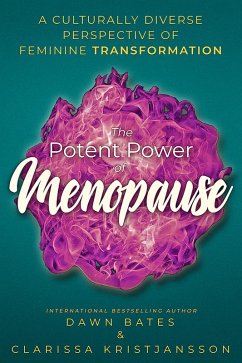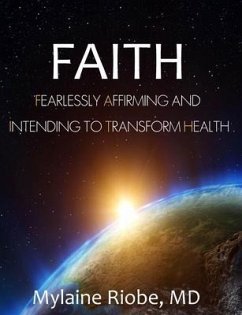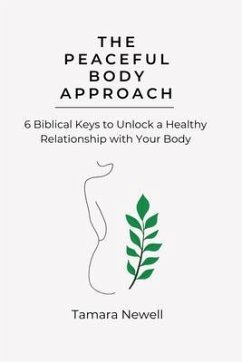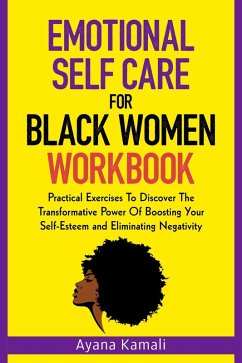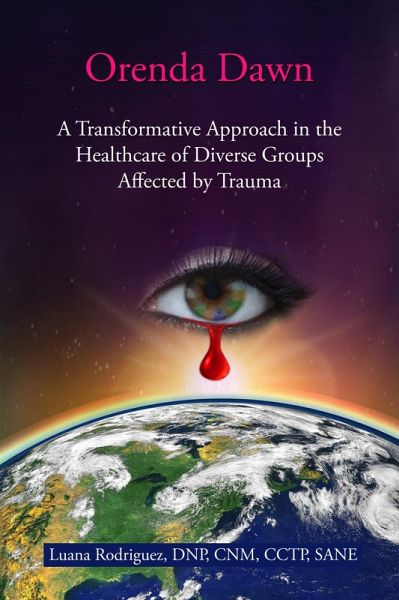
Orenda Dawn: A Transformative Approach in the Healthcare of Diverse Groups Affected by Trauma (eBook, ePUB)
A Workbook for the Frontline Healthcare Workforce
Sofort per Download lieferbar
5,99 €
inkl. MwSt.

PAYBACK Punkte
3 °P sammeln!
What does our future hold in a world afflicted by violence? Each year, millions of men, women, and children globally, have endured acts of abuse, neglect, and maltreatment, the majority by the hands of those of whom they have entrusted their health and lives to. The victims believe that their service providers will heal their physical injuries, wounded psyches, and hearts; many of whom have experienced severe and repeated acts of cruelty. The unaddressed psychological and physical effects of these adverse experiences, especially early in life, have shown a connection to many social, emotional,...
What does our future hold in a world afflicted by violence? Each year, millions of men, women, and children globally, have endured acts of abuse, neglect, and maltreatment, the majority by the hands of those of whom they have entrusted their health and lives to. The victims believe that their service providers will heal their physical injuries, wounded psyches, and hearts; many of whom have experienced severe and repeated acts of cruelty. The unaddressed psychological and physical effects of these adverse experiences, especially early in life, have shown a connection to many social, emotional, and cognitive impairment, chronic health conditions, using high-risk behaviors as ways of coping. Culture is another specific pattern of being and behavior that gives meaning to the human expressions of care. Culture is an important part of a person's identity and to the process of grieving, expressing pain, fear, and healing. Trauma interacts with a unique set of experiences that each person carries within and brings to their encounter with painful, disruptive events and forms. Learning about culture will give the clinician a better understanding of how to connect with the survivors, appreciate the events of their trauma while supporting recovery, resilience, and empowerment. It is important that healthcare providers understand and examine the meaning of their identities and biases when considering the effects of trauma, and in planning healing strategies for the survivors.
Dieser Download kann aus rechtlichen Gründen nur mit Rechnungsadresse in A, D ausgeliefert werden.




